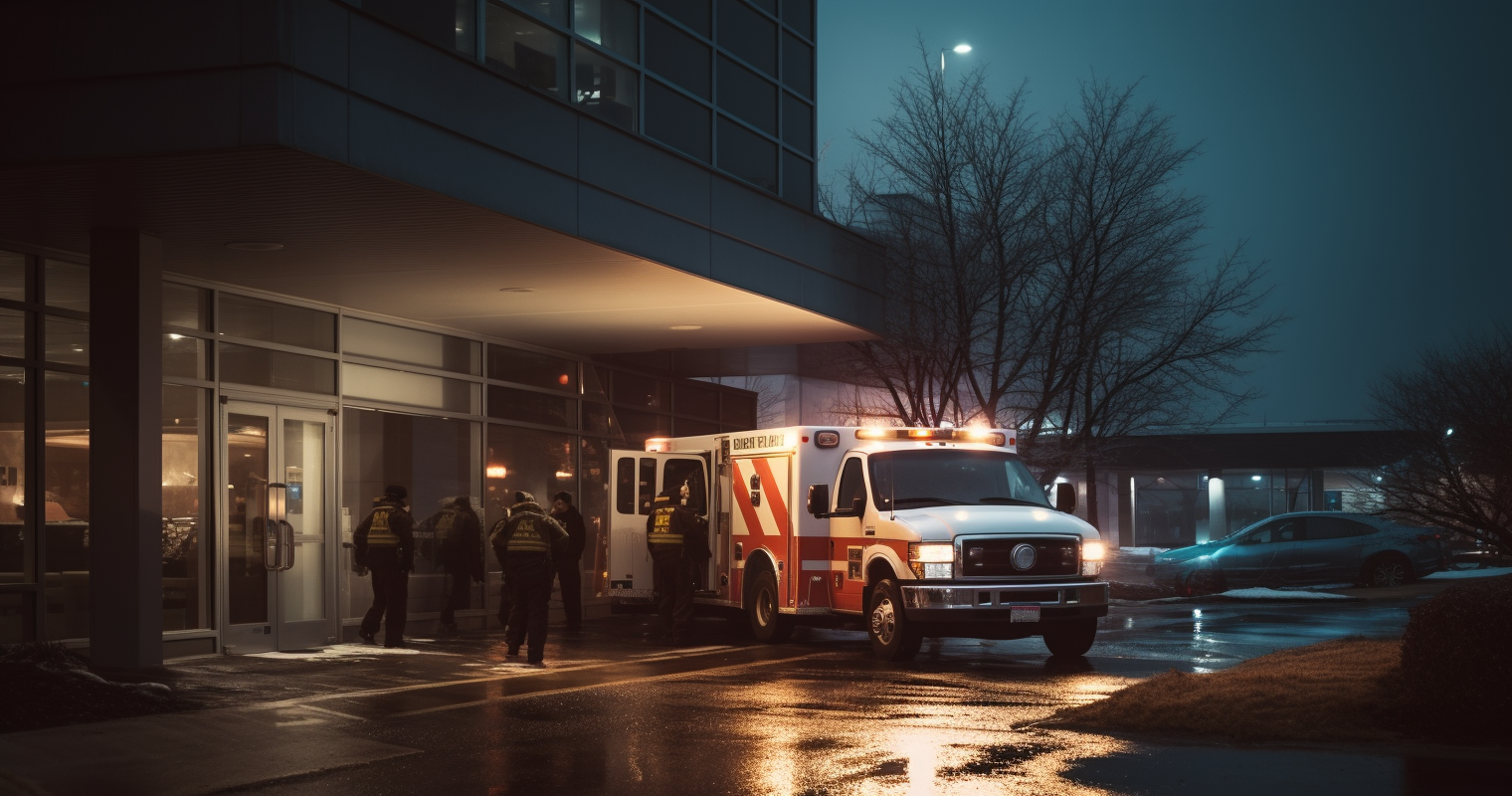In case of a medical emergency, it is important to know how to quickly and efficiently get help. In the United States, there are several resources available to those in need of emergency medical assistance. Here we will cover the phone number to call for emergency medical assistance, where to go for emergency medical treatment, and the cost and insurance requirements for emergency treatment.
Phone Number for Emergency Medical Assistance
In the United States, the phone number to call for emergency medical assistance is 911. This number can be called from any phone, and the call is free. When calling 911, it is important to remain calm and provide the operator with as much information as possible, including your location and the nature of the emergency.
For mental health emergencies, there are also several hotlines available. The National Suicide Prevention Lifeline can be reached at 1-800-273-TALK (1-800-273-8255). This hotline is available 24/7 for those in need of immediate support. Additionally, the Crisis Text Line can be reached by texting HOME to 741741. This service provides free, 24/7 support for those experiencing a mental health crisis.
Emergency Medical Treatment
Emergency medical treatment can be obtained at a variety of locations in the United States. In the case of a life-threatening emergency, it is important to go to the nearest emergency room or call 911 for assistance. Emergency rooms are open 24/7 and are equipped to handle a wide range of medical emergencies.
Urgent care centers are another option for emergency medical treatment. These facilities are open outside of traditional business hours and can provide treatment for non-life-threatening injuries and illnesses. However, urgent care centers are not equipped to handle life-threatening emergencies, and it is important to call 911 or go to the emergency room for those situations.
For those without insurance or who cannot afford emergency medical treatment, there are several options available. Many hospitals and clinics offer financial assistance programs for those in need. Additionally, community health centers provide low-cost or free medical care for those who meet certain income requirements.
Cost and Insurance Requirements
The cost of emergency medical treatment in the United States can vary greatly depending on the type of treatment received and the location. Emergency room visits are generally the most expensive, with the average cost ranging from $1,233 to $2,168 depending on the severity of the condition.
Urgent care centers are generally less expensive than emergency rooms, with the average cost of a visit ranging from $100 to $200. However, it is important to note that costs can vary depending on the location and the specific services received.
For those with insurance, emergency medical treatment is typically covered under most plans. However, it is important to check with your insurance provider to determine your specific coverage and any out-of-pocket costs you may be responsible for.
For those without insurance, emergency medical treatment can be costly. However, as previously mentioned, many hospitals and clinics offer financial assistance programs, and community health centers provide low-cost or free medical care for those who meet certain income requirements.
In the United States, emergency medical assistance can be obtained by calling 911. Emergency medical treatment is available at emergency rooms and urgent care centers, with varying costs depending on the location and type of treatment received. Insurance typically covers emergency medical treatment, but for those without insurance, financial assistance programs and community health centers can provide low-cost or free medical care. Additionally, hotlines are available for mental health emergencies, providing free support and resources for those in need.

